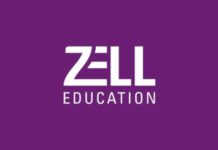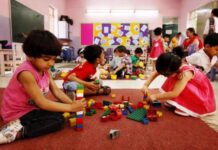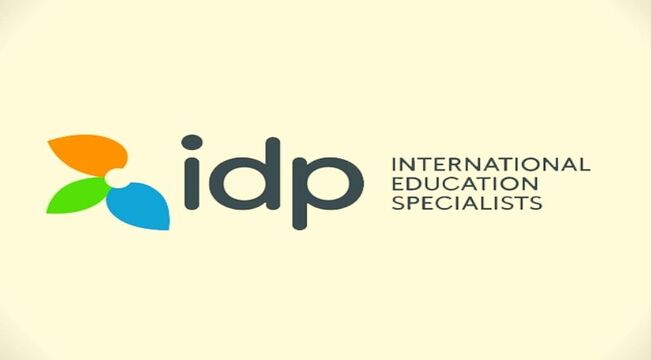New Delhi, June 04, 2020: UNESCO, UNICEF, WFP & World Bank has issued new guidelines on the safe reopening of schools in the midst of ongoing closures affecting nearly 1.3 billion students worldwide and affecting approximately 32 Crores students in India, including those in schools and universities.
The Guidelines warn that the widespread closures of educational facilities in response to the COVID-19 pandemic poses an unprecedented risk to education and well-being of children, especially for the most marginalized children who rely on school for their education, health, safety, and nutrition. The guidelines offer practical advice on how to keep children safe when they return to school for the national and local authorities.
The guidelines state that while there is still not enough evidence to assess the influence of school closures on rates of disease transmission, the negative effects of school closures on the health and learning of children are well known. Gains made in increasing access to education for children in recent decades are at risk of being lost and, in the worst cases entirely reversed.
Based on an evaluation of the potential benefits and risks to education, public health and socio-economic factors, the best interests of children and overall public health concerns must be central to the decisions of the national and local authorities to reopen schools, the guidelines state.
Schools need to look at how they can reopen better, including health, nutrition, psychosocial support, and water, sanitation and hygiene facilities, with improved learning and more comprehensive support for school children.
As countries struggle to reopen schools, UNESCO, UNICEF, and WFP, as part of the Global Education Alliance, encourage policymakers to consider the advantages of classroom-based teaching compared to remote learning, and the risk factors associated with reopening schools, acknowledging the inconclusive evidence on the risks associated with school attendance for infections.
Jointly discussed for the first time at a meeting of the ministers of education convened by UNESCO on preparing for the reopening of schools, the recommendations include:
Policy reform: policy consequences cover all facets of the guidelines, including consistent school opening and closing policies during crises in public safety, changes required to improve equal education for disadvantaged and out-of-school children, as well as improving and standardizing remote learning.
Financing requirements: Address COVID-19’s impact on education, and invest in strengthening recovery and resilience education systems.
Safe operations: ensuring conditions that reduce transmission of disease, safeguarding essential services and supplies, and promoting healthy behavior. This requires access to soap and clean water for proper handwashing, guidelines for whether staff or students feel unwell, social distance protocols, and good hygiene practices.
Compensating learning: Concentrate on activities that compensate for lost instructional time, reinforce pedagogy, and draw on alternative learning models such as combining strategies in distance and remote education. This must include knowledge of the transmission and prevention of diseases.
Wellness and security: Increase the emphasis on the well-being of students and improve children’s safety through improved referral processes and the provision of critical school-based services including health care and school feeding.
To serve the most vulnerable: Change school opening policies and activities to increase access to disadvantaged communities such as children already out-of-school, children and minorities who are displaced and migrants. Diversify and extend critical communications by making them available in relevant languages and accessible formats.
Once schools start reopening, the priority is to reintegrate students into school settings safely and in ways that enable learning to recover again, especially for those who have suffered the greatest learning losses. This is a critical moment as it is the launchpad for a new normal that should be more effective and equitable. Schools will have to be logistically prepared with the teaching workforce ready to manage the reopening. And they will need to have plans specifically to help the most disadvantaged students recover from learning.
Corporate Comm India(CCI Newswire)































